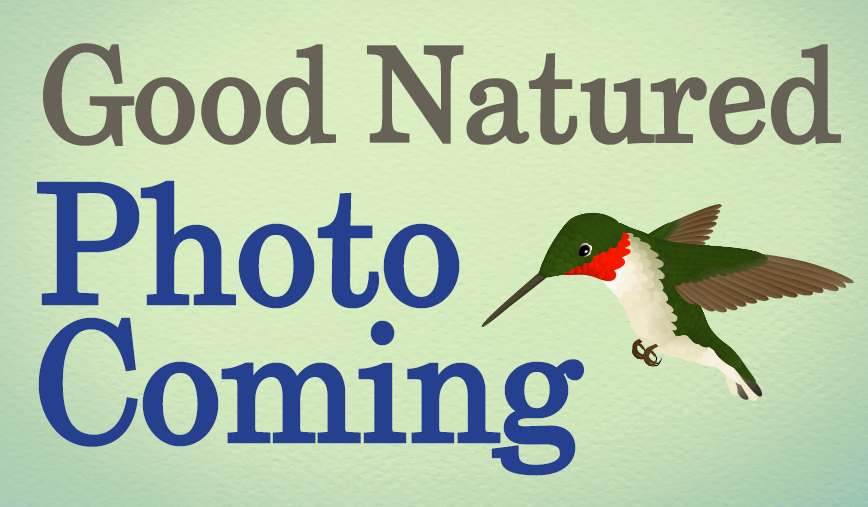“What can I do?”
It’s a common query, one you’ve probably asked yourself at one time or another when you’ve encountered someone, or something, in need of help. You know there should be some obvious course of action, but for some reason it’s just not apparent.
Mark Glabinski, our custodian and caretaker at the Baker Community Center, posed this very question just the other day. But instead of just leaving it in midair, hanging like a plastic bag caught on a tree limb, he followed it up with an answer. A great answer, I might add, and one that could go a long ways toward making our community an even nicer place to live.
Mark’s response was, “You do whatever you can to make the place you’re in just a little better than it was before.”
He explained that, as a kid, he’d go fishing with his family—something lots of kids do. But rather than be focused totally on themselves and their own fishing luck, like lots of kids are, they’d take their eyes off their bobbers for a minute or two to take a look around. If there was garbage, they’d pick it up. Ta-da! Better!
It’s a shame more people don’t live their lives this way. Spending time outdoors, I tend to see lots of examples of folks doing quite the opposite—leaving a space worse off than before they arrived.
Let’s for a minute focus on Mark’s example of fishing spots. I don’t know what it is about fishing and garbage that go together, but it does seem like there are an awful lot of people out there who are perfectly able to hike to a favorite spot, hauling along all manner of tackle, bait and, usually, beverages, without giving their efforts a second thought. But then, at some point during the fishing process, they become unable to haul it all back out. They leave behind their wads of snarled line, their empty packs of hooks and sinkers, their bait cans and beverage bottles, silent testaments to their slovenly ways.
A few weeks ago I ran into just such a situation at Norris Woods and St. Charles. We were in the midst of The Sound of Night Music, a program about crickets, katydids and other evening songsters, and I’d walked over to the riverbank to investigate a particularly strident stridulator.
I never did find the little guy, which I think was a species of bush katydid. But, boy, what I did find! Blue plastic worm containers, a beef jerky wrapper, assorted bottles, an empty pack of Eagle Claw fish hooks, a tangled clump of what felt like 20-lb. test line and—this is what really got me—a plastic shopping bag. A bag just the right size to hold, you guessed it, the worm containers, wrappers, bottles and line.
I packed up the mess, then noticed one more thing—a bluegill, dead and forgotten, tethered to the bank by a homemade stringer. I cut the rope from the fish so no evening predator, raccoon or otherwise, would choke on it, then put the fish on the sandy shore and stuffed the rope in the bag with the rest of the “gear.”
Suddenly remembering there was a program to co-lead, I dropped the bag by the side of the bike trail, intending to pick it up when we were done. But guess what? I didn’t have to.
Someone who lives by the same words Mark does, someone who tries to make the place they’re in just a little bit better than it was before, came along, picked up the bag, and put it in the trash barrel in the parking lot.

